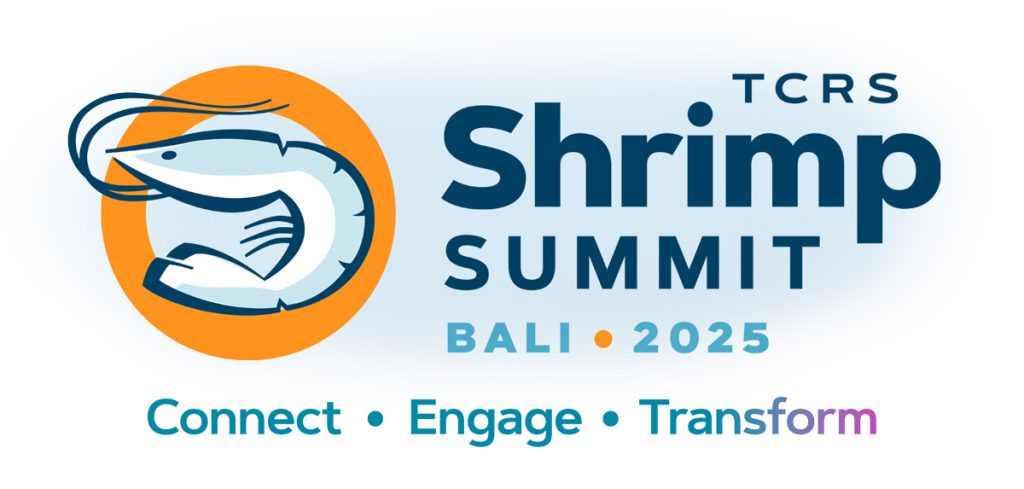
This session offered a look at the future of shrimp farming. While “sustainable” technologies aim to avoid deterioration of the environment, “regenerative and restorative” systems aim to improve the environment. Foresee the future by learning about advances in water reuse, regenerative power, carbon sequestration, and polyculture of secondary crops.

Corey Peet is the Vice President of Sustainability for Aqua Star and is based in Seattle, WA. Corey has worked on sustainable seafood issues for more than 20 years. He has led the development of multi-stakeholder initiatives all over the world an. He has extensive experience working in Southeast Asia in the shrimp sector on sustainability issues including: Environmental, Human Rights Due Diligence, Climate, and Animal Welfare. He currently manages all elements of Aqua Star's Sustainability Compliance.
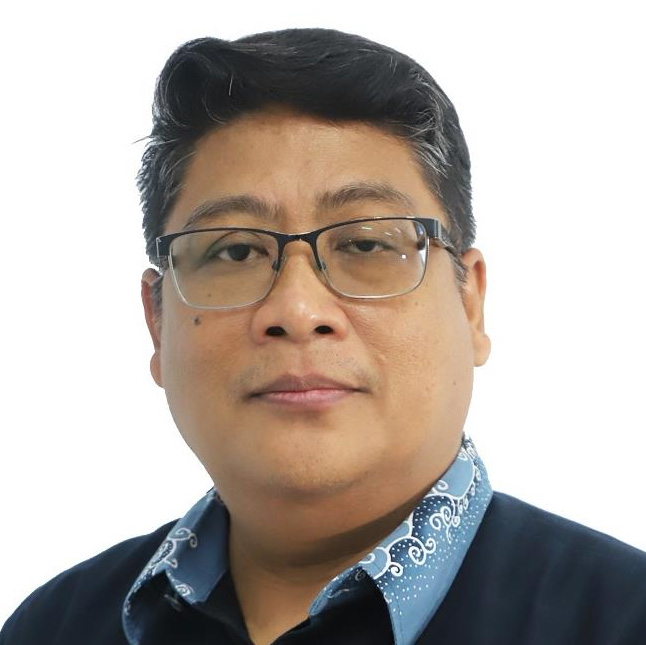
Harry Yuli Susanto has worked in the aquaculture sector for 25 years. He has played a key role in his organization’s focus on development of small-scale aquaculture producers engaging in a unique “people-to-people” trade connecting consumers with “eco-food” items from producers in the developing world. He currently serves as director of PT. Alter Trade Indonesia (PT. ATINA), processor and exporter of frozen shrimp and seafood products. He has developed face-to-face”relationships with thousands of extensive smallholder shrimp farmers to help them meet the expectations of global markets while overcoming sustainability realities on the ground including environmental, social and gender, human rights, climate, and animal welfare. He has helped support the development of Southeast Asia Aquaculture and Fisheries by chairing the Asian Seafood Improvement Collaborative (ASIC), a group of stakeholders working to build their own fisheries and shrimp aquaculture improvement tools. He is currently a member of Multi-Stakeholder Group and Social Sustainability Advisory Group of Monterey Bay Aquarium’s Seafood Watch Program. He is also co-founder of Indonesian Shrimp Forum (FUI) a group of shrimp aquaculture stakeholders who help analyze obstacles and formulate policy recommendations for the sustainable development of the sector.
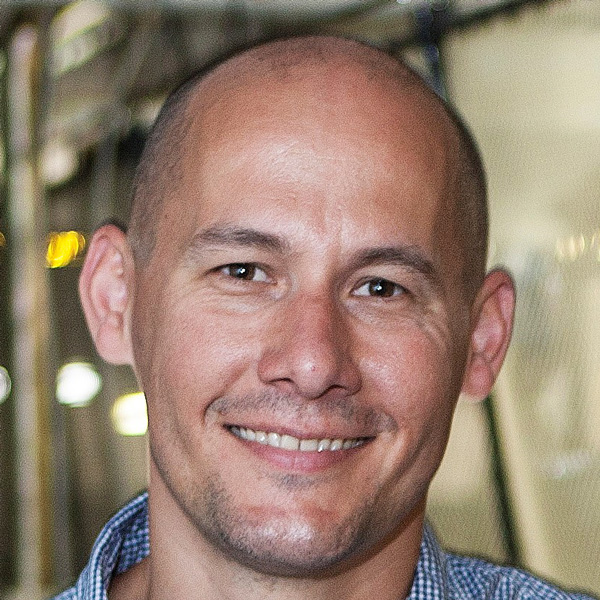
Dr. Bert Wecker has studied Fisheries Biology, Aquaculture and Economics at the Christian-Albrechts-University in Kiel, Germany. During his career he has specialized in aquaculture with a focus on marine recirculating aquaculture systems. After serving in different research and development and management positions Wecker is currently co-CEO and CTO of Oceanloop, a company focusing on the indoor land-based farming of shrimp operating two innovative farms in Munich and Kiel. As Europe’s technology leader for farming marine shrimp, Oceanloop’s vision is to build sustainable farms worldwide. As vice president he is also involved in the “Bundesverband Aquakultur e.v.”, an association of German aquaculture stakeholders.
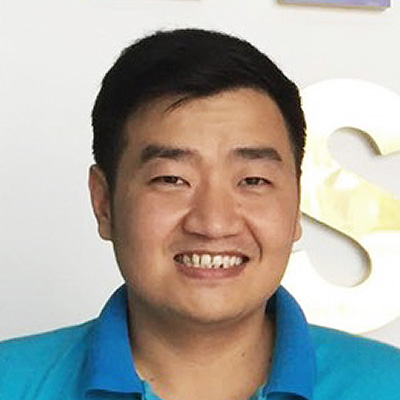
Dr. Loc Tran is a shrimp expert and entrepreneur with a Ph.D. in shrimp pathology and disease from the University of Arizona and an MBA in business finance from Andrews University. He founded ShrimpVet in 2013 as an independent research company that provides various services and products for the global shrimp sector. He is also the director of the Asian Pacific Aquaculture chapter of the World Aquaculture Society and another spin-off aquaculture business. He has worked with many organizations and institutions worldwide to foster sustainable aquaculture practices and innovations. He is a visionary leader and innovator who creates value for the industry and society.
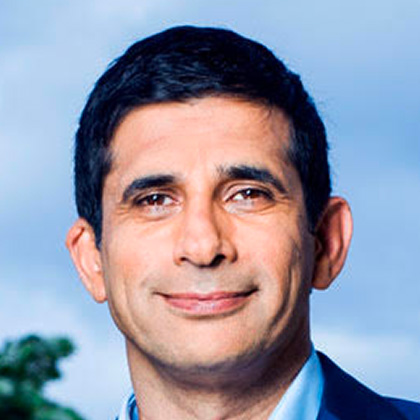
Amyne H. Ismail has served as CEO of the Unima Group, a leading shrimp production company, since 1998. He has been the Group’s President and majority shareholder since 2014. Ismail and his father Aziz Hassam Ismail invented the Madagascan aquaculture eco-model for shrimp farming, with high commitments to environmental preservation, animal welfare, and development of local communities. In 2004, the French Ministry of Agriculture and Food awarded Unima’s shrimp “Label Rouge” certification. Ismail has also committed Unima to an innovative ecological and social responsibility approach with the foundation and transformation of the village of Besakoa (building housing, schools, a medical care center; producing and distributing drinking water, electricity, etc.), a tree planting program (3 million to date) and local biodiversity preservation.
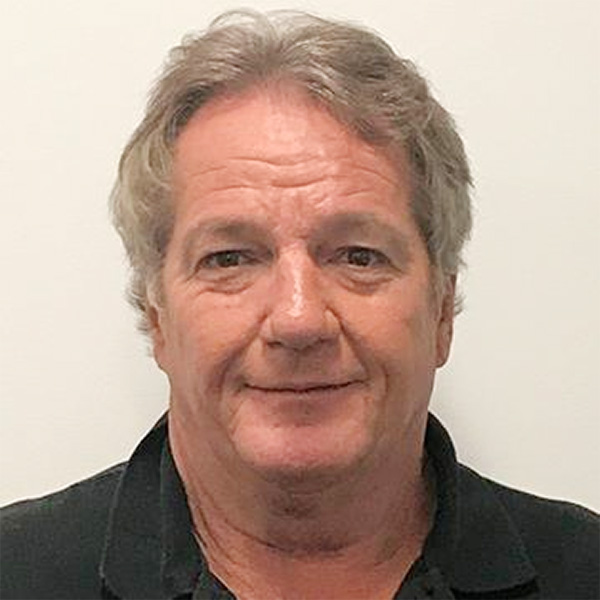
Alexander De Beausset was born in Taiwan and raised in Mexico, El Salvador, and mostly in Honduras. He graduated from the University of Michigan with a degree in Biology and Economics. He completed his further studies at the Woods Hole Oceanographic Institute in Massachusetts, conducting limnological studies on research vessels in the North Atlantic. He returned to Michigan to work on environmental impact studies for the United States government, and in 1978, he returned to Honduras to work with the General Mills Group in shrimp farming. He traveled to Ecuador in 1981 to work with the El Rosario group in shrimp farming for five years. With this same group, he traveled to Guatemala, Central America, in 1986, where he joined the Guatemalan group Acuamaya SA, where he continues to farm shrimp today.